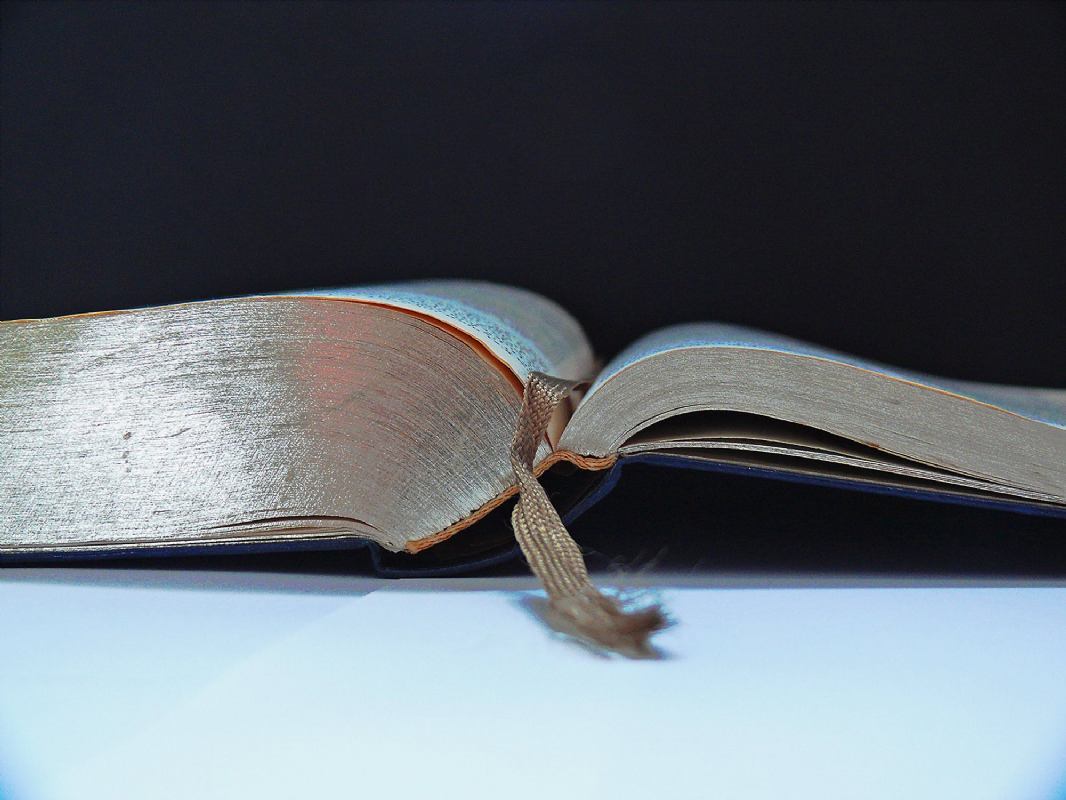Workshops, scientific colloquia and doctoral conferences

DOCTORAL CANDIDATES ENROLLED IN 2024/2025
| 1st Workshop (Full professor Vesna Žabkar, PhD) | Rijeka, March 21-22, 2025 |
| Research project | |
| 1st scientific colloquium | Rijeka, June 2025 |
| Research project | |
| 2st Workshop (Full professor Marko Pahor, PhD) | |
| Research project | |
| 2st scientific colloquium | |
| Research project | |
| The Doctoral Conference |
DOCTORAL CANDIDATES ENROLLED IN 2022/2023
| 1st Workshop (Full professor Vesna Žabkar, PhD) | Rijeka, September 8-9, 2023 |
| Research project | |
| 1st scientific colloquium | Rijeka, November 3-4, 2023 |
| Research project | |
| 2st Workshop (Full professor Marko Pahor, PhD) | Rijeka, March 8-9, 2024 |
| Research project | |
| 2st scientific colloquium | Rijeka, TBA (June 2024) |
| Research project | |
| The Doctoral Conference | Rijeka, TBA (June 2025) |
One of the most usual means of fostering international research
Objective: Improve the quality of the research process on which the doctoral dissertation is founded (whether the papers within the Scandinavian model or a traditional monograph) as well as other papers within the doctoral program (preliminary research results)
Participants: PhD students, supervisors/co-supervisors/ counselors from the Faculty of Economics and Business in Rijeka and other Croatian and foreign faculties, members of the Committee for Postgraduate Studies and Doctorates, various discussants - professors from the Faculty of Economics and Business in Rijeka, including foreign professors on exchange...
Schedule: In accordance with the activity plan within the doctoral study program
Evaluation of activities: 15 ECTS credits as defined by the Regulations (Article 16)
Realization team: A team of scientists from Croatia and abroad. Workshop moderators: prof. dr. sc. Vesna Žabkar (1st workshop) and prof. dr. sc. Marko Pahor (2nd workshop) from the Faculty of Economics, University of Ljubljana. The participants in scientific colloquia and the doctoral conference include professors from the Faculty of Economics and Business, University of Rijeka, as well as professors from other Croatian and foreign faculties.
First Workshop: The research process - from a scientific idea to conceptualization of research and the defining of the research model.
The lecturer is prof. dr. sc. Vesna Žabkar from the Faculty of Economics, University of Ljubljana.
The workshop addresses the following issues:
• Philosophy of research• Generation of ideas
• Literature analysis
• Problem, research questions and research goals
• Conceptualization of research and the research model
After the workshop, the doctoral candidates will, as a rule, have a three month period for drafting their research project (elaboration of the dissertation topic) in their area of interest, upon which the 1st scientific colloquium will be organized.
Upon the 1st scientific colloquium, the doctoral candidate, under the guidance of his/her supervisor/co-supervisor/counselor, engages in further research and refinement of the dissertation proposal in line with the suggestions given at the 1st scientific colloquium for the following three months, upon which, the candidate participates in the 2nd workshop.
• Operationalization and instrumentation of research
• Paradigms and the process of quantitative and qualitative research
• Data collection and processing, interpretation
• Hypothesis testing
• Explanation of scientific contribution
• Practical computer work
On the basis of the new information obtained at the 2nd workshop, the doctoral candidates supplement/correct/further develop their research and by doing so, prepare materials to be presented at the 2nd scientific colloquium. The candidates shall apply the new acquired knowledge in qualitative and quantitative research to modify the materials they have prepared within the 1st colloquium and workshop, which serve as a starting point for further research and preparation of materials to be presented at the 2nd scientific colloquium. This should all be done under the supervision of respective supervisor/co-supervisor/counselor.
2nd scientific colloquium: After the 2nd workshop, the doctoral candidates have at their disposal a three month period for writing the second version of the doctoral dissertation proposal i.e. the final research draft in their field of interest. At the 2nd scientific colloquium, the doctoral candidates present the results of their work since second wokrshop (from operationalization and instrumentation of the research to the choice of adequate research methodology). The discussants on specific topics, as well as the included activities, are the same as those at the 1st scientific colloquium.
After the public defense and the acceptance of the doctoral dissertation proposal (Article 33 of the Regulations), the doctoral candidate engages in completing his/her doctoral dissertation in consultation with the respective supervisor/co-supervisor during the following year (or more).
Upon the conference, the doctoral candidate engages in the refinement of findings in line with the suggestions given during the doctoral conference and completion and official submission of the written presentation of research results approved by the supervisor/co-supervisor to the Committee for Postgraduate Studies and Doctorates (preliminary control of the quality of the doctoral dissertation - Article 34 of the Regulations). Once the candidate meets the requirements of the preliminary control, he/she engages in the completion and graphic editing of the doctoral dissertation in consultation with the supervisor/co-supervisor (final version of the doctoral dissertation in form of the traditional monograph or as paper(s) within the Scandinavian model)
______________________________________________________________________________________________________________________________________________________________________________________________
[DOCTORAL CANDIDATES ENROLLED IN 2017/2018]
One of the most usual means of fostering international research
Objective: Improve the quality of the research process on which the doctoral dissertation is founded (whether the papers within the Scandinavian model or a traditional monograph) as well as other papers within the doctoral program (preliminary research results)
Participants: PhD students, supervisors/co-supervisors/ counselors from the Faculty of Economics and Business in Rijeka and other Croatian and foreign faculties, members of the Committee for Postgraduate Studies and Doctorates, various discussants - professors from the Faculty of Economics and Business in Rijeka, including foreign professors on exchange...
Schedule: In accordance with the activity plan within the doctoral study program
Evaluation of activities: 15 ECTS credits as defined by the Regulations (Article 16)
Realization team: A team of scientists from Croatia and abroad. Workshop moderators: prof. dr. sc. Vesna Žabkar (1st workshop) and prof. dr. sc. Marko Pahor (2nd workshop) from the Faculty of Economics, University of Ljubljana. The participants in scientific colloquia and the doctoral conference include professors from the Faculty of Economics and Business, University of Rijeka, as well as professors from other Croatian and foreign faculties.
Organization: Two workshops, two scientific colloquia and a concluding doctoral conference
First Workshop: The research process - from a scientific idea to conceptualization of research and the defining of the research model.
The lecturer is prof. dr. sc. Vesna Žabkar from the Faculty of Economics, University of Ljubljana.
The workshop addresses the following issues:
• Philosophy of research
• Generation of ideas
• Literature analysis
• Problem, research questions and research goals
• Conceptualization of research and the research model
After the workshop, the doctoral candidates will, as a rule, have a three month period for drafting their research project (elaboration of the dissertation topic) in their area of interest, upon which the 1st scientific colloquium will be organized.
1st scientific colloquium: The doctoral candidates are expected to submit and present their first research results (review of previous literature), as well as starting points for further research, i.e. an elaborated draft of the doctoral research proposal based on guidelines given within the 1st workshop. The proposal needs to have no less than 15, 000 characters with spaces, needs to be reviewed, corrected and approved by the respective supervisor/co-supervisor/counselor. The doctoral candidates will present their findings (from idea to conceptualization and development of the research model) in front of other doctoral candidates, supervisors/co-supervisors/counselors, members of the Committee for Postgraduate Studies and Doctorates, and other professors from the Faculty of Economics and Business in Rijeka and other Croatian and foreign faculties. Each presentation is followed by a discussion including all present discussants. The head of the doctoral study moderates the discussions; upon the presentation of a respective candidate the supervisor/co-supervisor/counselor gives a critical analysis of the research proposal draft and gives suggestions for further improvement, while other discussants give further suggestions for improvements as well as critical reviews.
Upon the 1st scientific colloquium, the doctoral candidate, under the guidance of his/her supervisor/co-supervisor/counselor, engages in further research and refinement of the dissertation proposal in line with the suggestions given at the 1st scientific colloquium for the following three months, upon which, the candidate participates in the 2nd workshop.
Second workshop: Specificities of qualitative and quantitative research. The lecturer is prof. dr. sc. Marko Pahor from the Faculty of Economics, University of Ljubljana. The workshop addresses the following issues:
• Operationalization and instrumentation of research
• Paradigms and the process of quantitative and qualitative research
• Data collection and processing, interpretation
• Hypothesis testing
• Explanation of scientific contribution
• Practical computer work
On the basis of the new information obtained at the 2nd workshop, the doctoral candidates supplement/correct/further develop their research and by doing so, prepare materials to be presented at the 2nd scientific colloquium. The candidates shall apply the new acquired knowledge in qualitative and quantitative research to modify the materials they have prepared within the 1st colloquium and workshop, which serve as a starting point for further research and preparation of materials to be presented at the 2nd scientific colloquium. This should all be done under the supervision of respective supervisor/co-supervisor/counselor.
2nd scientific colloquium: After the 2nd workshop, the doctoral candidates have at their disposal a three month period for writing the second version of the doctoral dissertation proposal i.e. the final research draft in their field of interest. At the 2nd scientific colloquium, the doctoral candidates present the results of their research (from operationalization and instrumentation of research to choice of adequate research methodology). The discussants on specific topics, as well as the included activities, are the same as those at the 1st scientific colloquium.
Upon the 2nd scientific colloquium, the doctoral candidate, under the guidance of his/her supervisor/co-supervisor/counselor, engages in further research and refinement of the dissertation proposal in line with the suggestions given at the 2nd scientific colloquium (max: 1 month), Candidate’s efforts should be aimed at consolidating the materials from the first and second scientific colloquia, incorporating all the suggestions in order to produce the final version of the doctoral dissertation proposal, which shall be officially submitted to the Committee for Postgraduate Studies and Doctorates (Article 32 of the Regulations).
After the public defense and the acceptance of the doctoral dissertation proposal (Article 33 of the Regulations), the doctoral candidate engages in completing his/her doctoral dissertation in consultation with the respective supervisor/co-supervisor during the following year (or more).
The doctoral conference: The work on the doctoral dissertation results in the submission and presentation of preliminary research results to be presented at the doctoral student conference. The doctoral conference represents the final gathering of the doctoral candidates and all other interested parties i.e. all participants that were engaged in the previous workshops and colloquia. The organization of the doctoral conference is similar to that of previous gatherings, but the focus is on concrete results of empirical research and scientific contribution.
Upon the conference, the doctoral candidate engages in the refinement of findings in line with the suggestions given during the doctoral conference and completion and official submission of the written presentation of research results approved by the supervisor/co-supervisor to the Committee for Postgraduate Studies and Doctorates (preliminary control of the quality of the doctoral dissertation - Article 34 of the Regulations). Once the candidate meets the requirements of the preliminary control, he/she engages in the completion and graphic editing of the doctoral dissertation in consultation with the supervisor/co-supervisor (final version of the doctoral dissertation in form of the traditional monograph or as paper(s) within the Scandinavian model)


